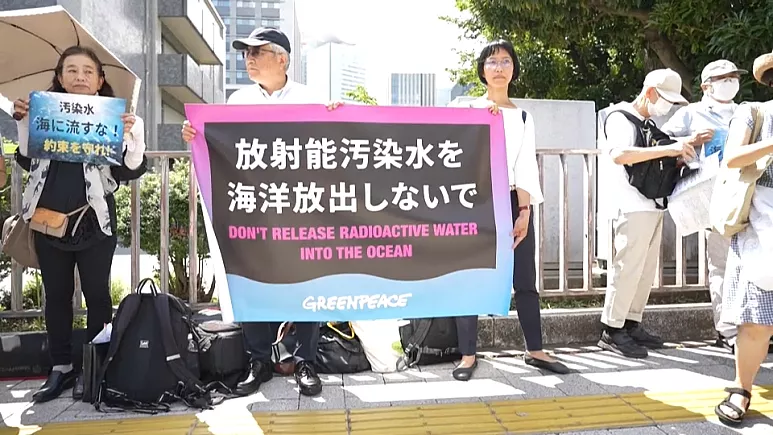
- The decision of the Japanese Government has sparked protests in the country and, among other things, China has criticised the decision. The consequences of the 2011 nuclear accident continue.

On Thursday the Japanese Government began to pour the contaminated water from the Fukushima nuclear power plant into the Pacific. In total, the plant accumulates 1.34 million cubic meters. Prime Minister Fumio Kishida said that this decision was taken after checking the "safety of discharge" by Tepco.
The International Atomic Energy Agency, IAEA, has approved the water discharge plan in the hope of a "gradual and controlled" discharge, determining an "irrelevant" impact on the environment and human health.
Non-conformities decision
The country’s fisheries sector and environmental groups have been opposed to this decision and hundreds of people have met at the seat of the Japanese Parliament. It indicates that the fisheries sector may damage the name of its products. It is noted that water is contaminated with radioactive waste and can be used to cool reactors or filter into nuclear facilities. In the case of neighbouring countries, China opposes the Tokyo decision, and initially South Korea, but in recent weeks it has changed its mind and supported the decision.
The radiochemical seas Ken Buesseler regrets that no other option has been considered, denouncing that they want "only the fastest and cheapest response".